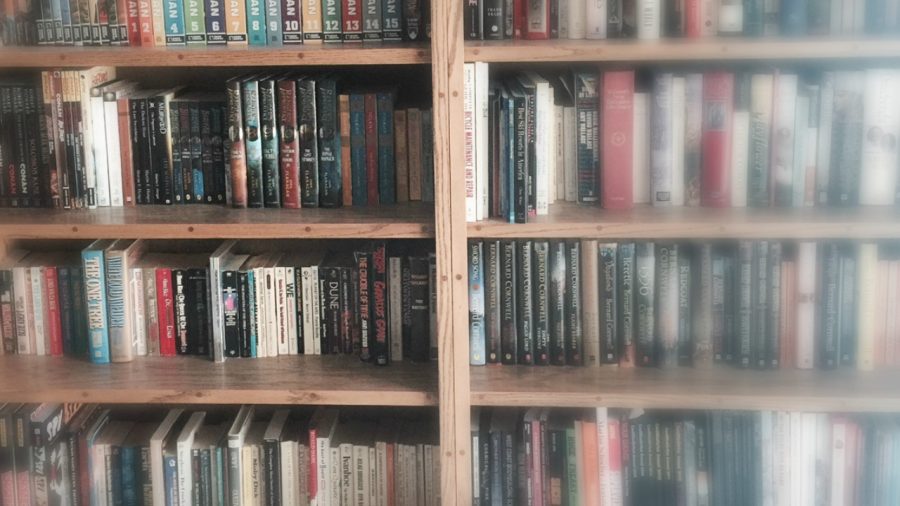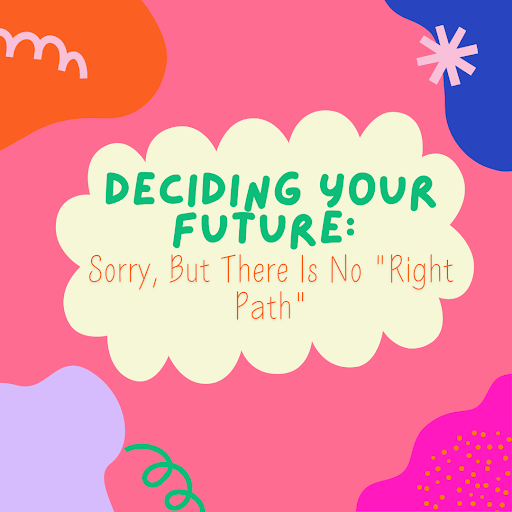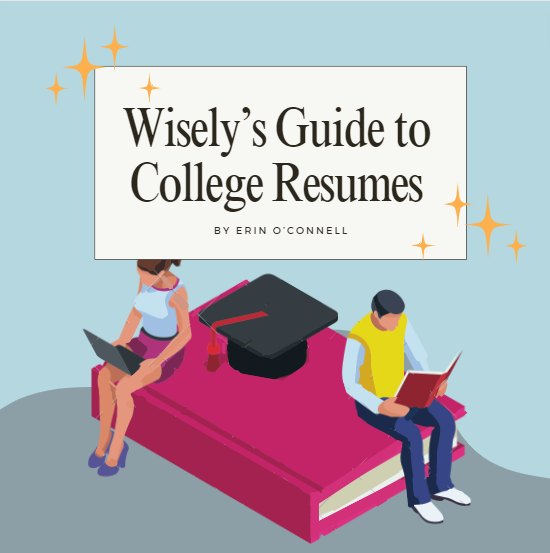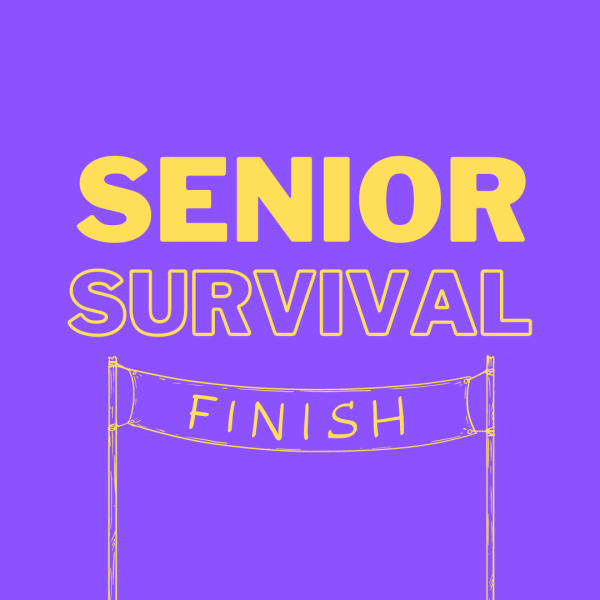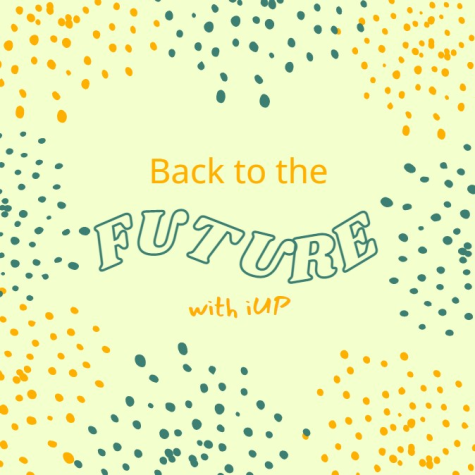REGAINING READING FOCUS
In elementary and intermediate school, I could read stacks of books through crowds of bickering children. But, in middle school and my first two years of high school, I had to designate distraction-ridden zones. These zones excluded all bothersome stimuli, such as flickering light bulbs, surrounding devices, and sounds, emanating from various people and appliances. I often read out of school requirement, which definitely disheartened my ambition.
During the summer of my Sophomore year, I read a school assigned novel, titled, “The Shallows: What the Internet is Doing to our Brains”, by Nicholas Carr. I began this book with a pessimistic outlook, questioning the motives of my teachers. Out of boredom, I would divert my attention to the world within my phone or intermittently feed my non-grumbling stomach. I can best explain my reading experience as a series of yadda yadda, yum yum, blah blah, wait… what? The novel garnered my attention with a few accurate sentences, which summed up my current state of distraction. Thus, I sat down my phone and my half-eaten food, to sift through this book with a tenfold more alertness. Here are a few sentences that allured me:
“The Net’s interactivity gives us powerful new tools for finding information, expressing ourselves, and conversing with others. It also turns us into lab rats constantly pressing levers to get tiny pellets of social or intellectual nourishment” (Carr).
“What the Net seems to be doing is chipping away my capacity for concentration and contemplation. Whether I’m online or not, my mind now expects to take in information the way the Net distributes it: in a swiftly moving stream of particles. Once I was a scuba diver in the sea of words. Now I zip along the surface like a guy on a Jet Ski” (Carr).
“In the quiet spaces opened up by the prolonged, undistracted reading of a book, people made their own associations, drew their own inferences and analogies, fostered their own ideas. They thought deeply as they read deeply” (Carr).
I attributed the World Wide Web as the sure cause of my fleeting attention span and tried my best to apply this information to my life. I toughed through many-o-books with a distracted mind. Which, admittedly, lessened the impact of the valuable lessons and material within these books. But, I had to make sacrifices to regain my rightful focus.
Also, I set limitations for media consumption. I deleted several social media apps, narrowed down my Youtube subscriptions, and turned off my phone for several months. I went a little berserk. I eventually needed my phone back, for safety and communication purposes.
With these limitations, I gained a new sense of self and reason. I used to fill voids in my mind and time a surplus of meaningless material (take, for instance, memes). Now, I try my best to let my mind wander. Letting my mind wander has opened the door to more creative, intuitive, and complex thinking. Of course, I am still guilty of browsing the Internet without purpose, for hours on end. But, now, a sense of guilt hangs over me.
I will continue to combat time and focus thieves by inventing ways to keep my brain concentrated. I will also keep my goal of attentive reading in mind, moving forward. It is my firm belief that reading focus, or focus in general, can improve the capacity of our minds, relationships, and lives.


